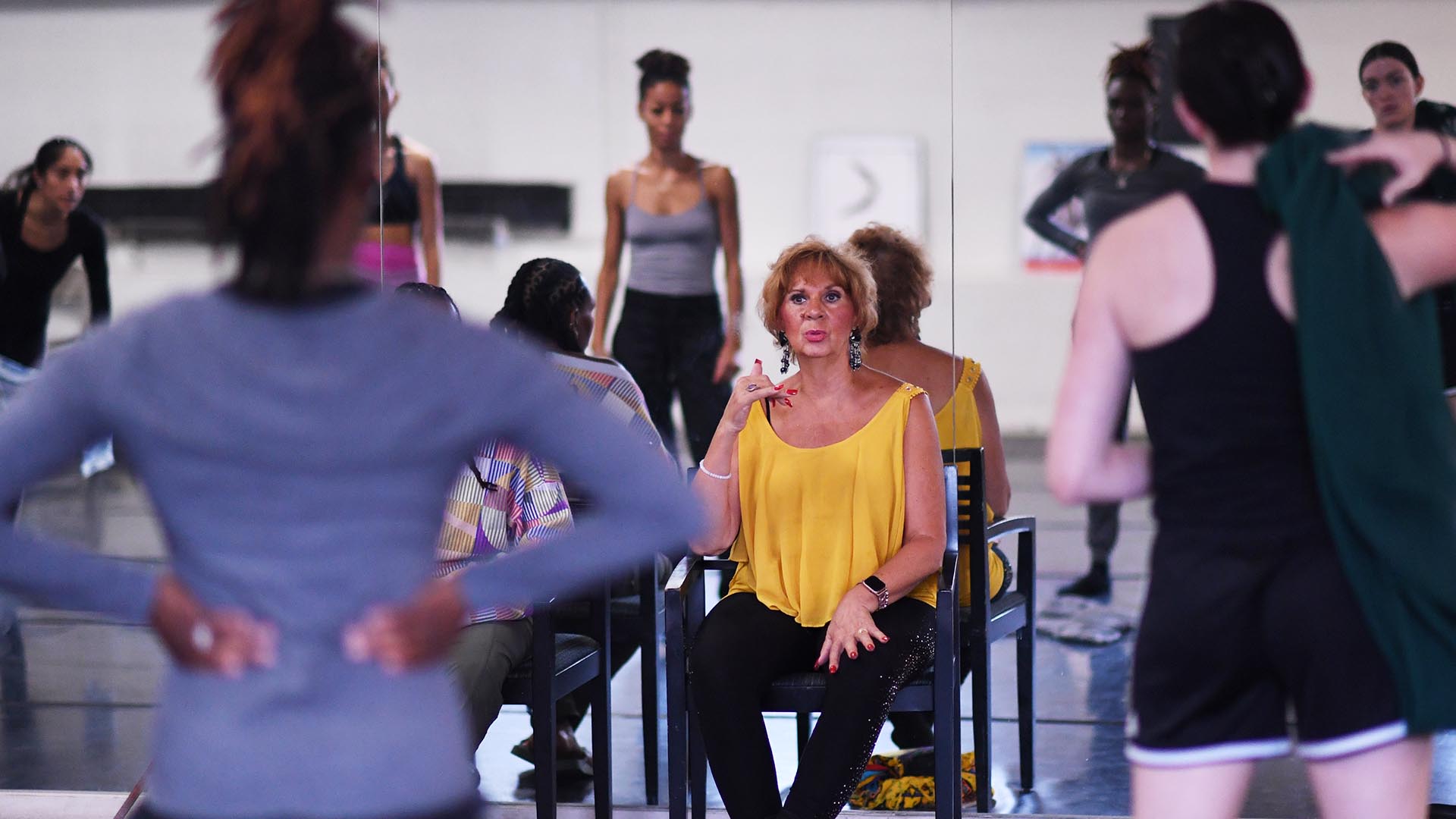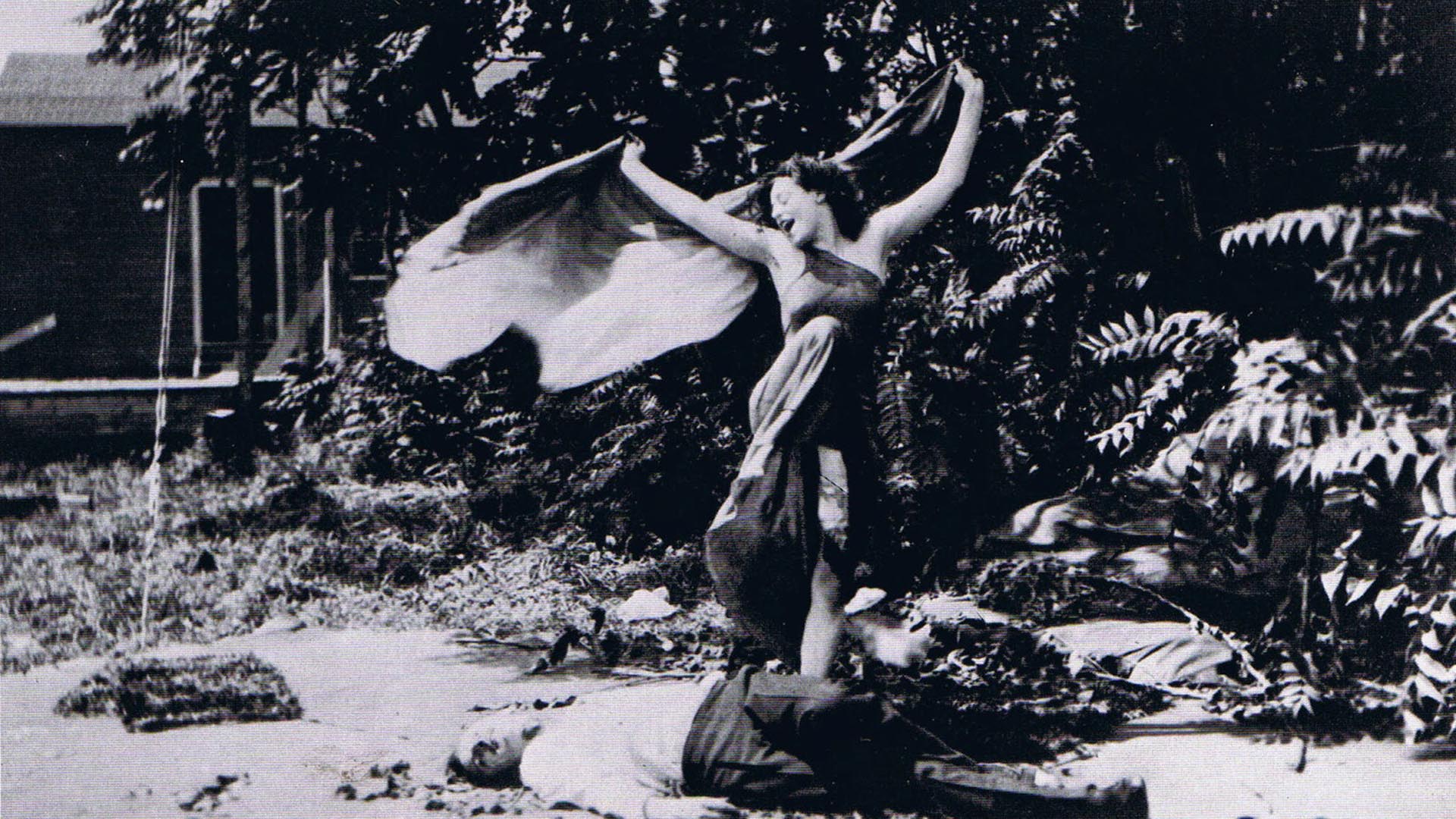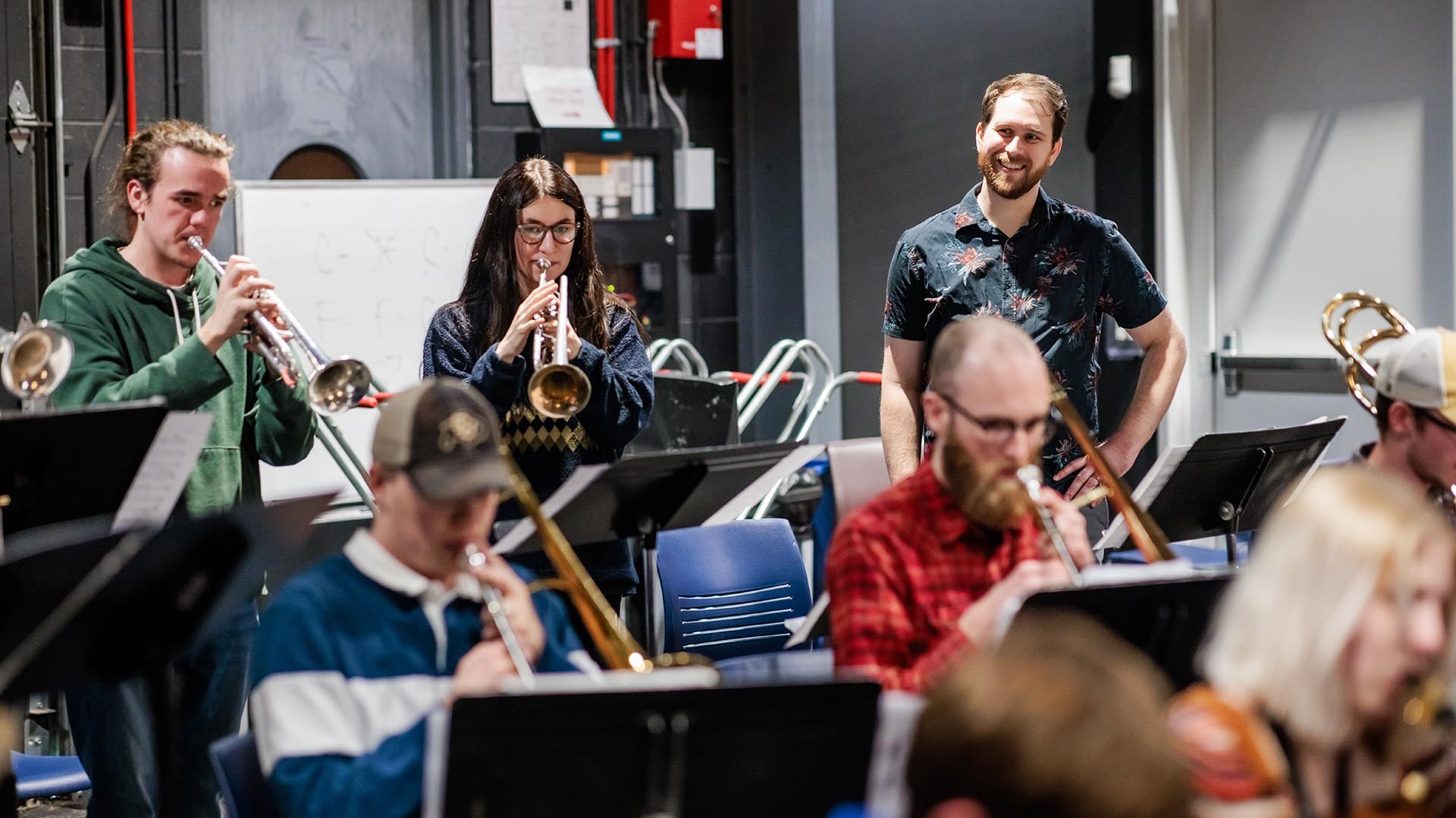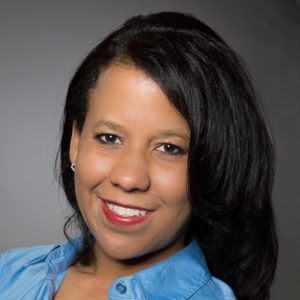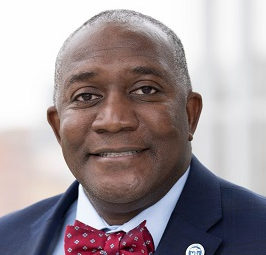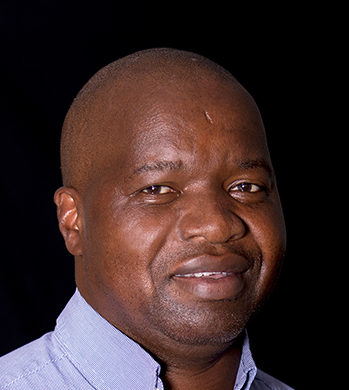Lessons from Lowcountry
To get the full Gullah Experience, this professor moves her classroom from the Auraria Campus to the South Carolina Coast.
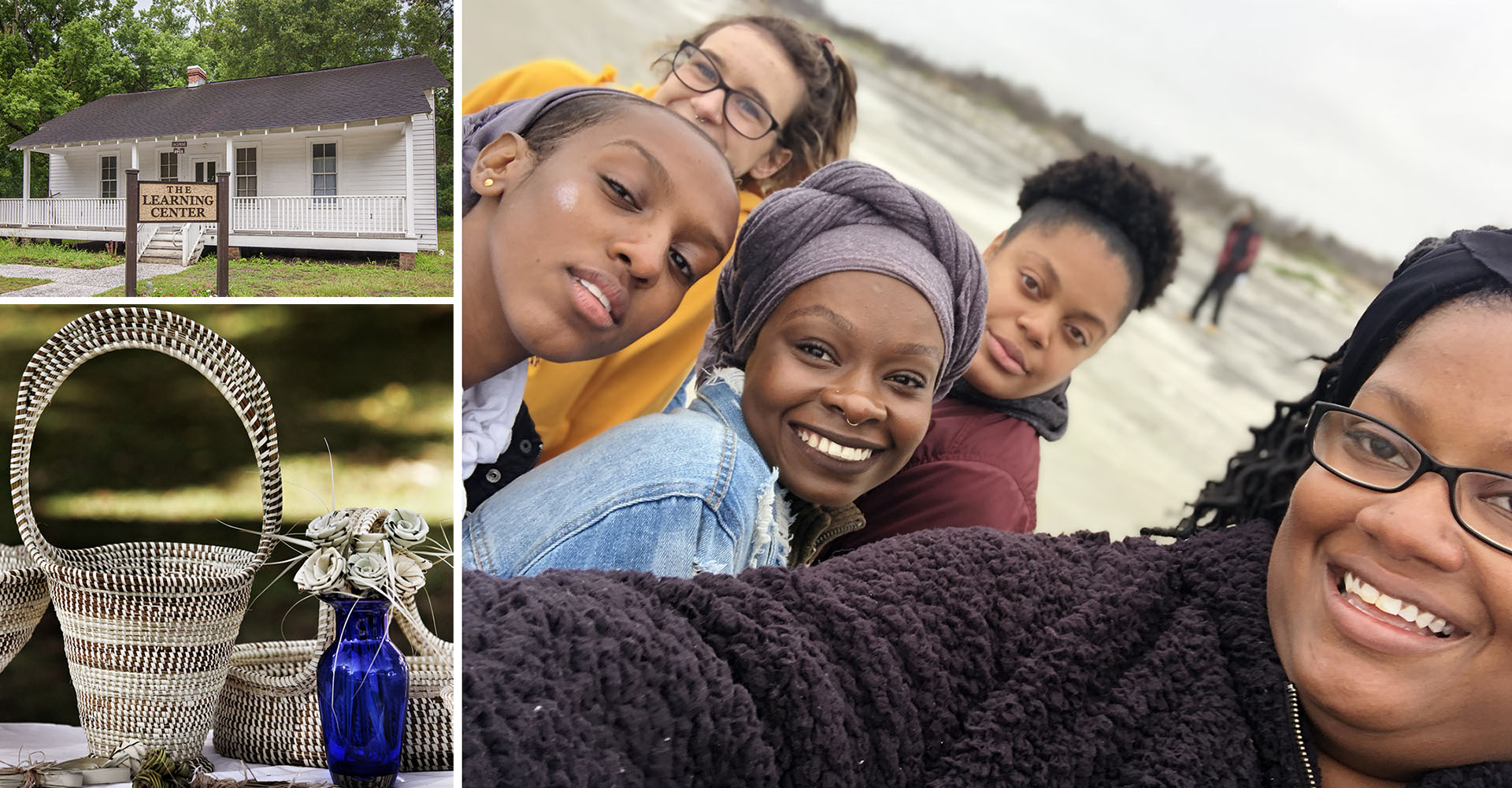
The residents of South Carolina’s Lowcountry are providing valuable lessons on culture and community to students from the Mile High City.
Descended from ancestors who were enslaved and brought to the area for their extensive expertise cultivating rice in coastal ecosystems, the Gullah Geechee trace a lineage back to West Africa. Because the outlying coastal regions were largely isolated from white populations during the 18th and 19th centuries, these communities developed a unique culture that preserved many elements of their heritage.
“When Reconstruction ended after the Civil War, the Gullah Geechee communities retained their African roots,” explained Judith Strathearn, Ph.D., lecturer in Metropolitan State University’s Department of Africana Studies.
“The importance of family and community have kept the culture largely intact to this day.”
Study of this preservation frames Strathearn’s Gullah Experience class, which includes a weeklong journey to the Lowcountry so students can immerse themselves in the community’s rich lore.
“That’s what we’re helping students learn about and celebrate by going to experience it firsthand themselves,” Strathearn said.

The Gullah Experience is not your typical college course. Originally developed by longtime MSU Denver faculty member Jacquelyn Benton in 2005, Strathearn begins the one-of-a-kind class with a broad introduction to the Gullah culture.
She then delves into more specific items: rice cultivation as a staple (a regional differentiator from other Antebellum-era crops) and language (a distinct blend of English and African languages, primarily Creole), to name a few.
The defining element of the course, however, is undoubtedly the weeklong visit to the coastal communities of the Sea Islands, which stretch along the Atlantic seaboard from North Carolina to Florida.
Malaya King, a senior double-majoring in Africana studies and communication studies, had a generational connection to the course: Her mother, a 2010 MSU Denver grad, took the course in the late 2000s.
“It was incredible,” King said. “Doing the groundwork ahead of time and then getting to immerse yourself in the culture was just amazing.”
Charlene West, a senior Africana studies with a minor in accounting, also saw immense value in the Gullah Experience
“A lot of folks left to other geographic regions, but now you have people returning to preserve this land and this culture,” West said. “Being able to pursue scholarship like this has an incredibly immense and far-reaching impact.”
West and King both plan to parlay the applied study of diaspora into future graduate work.
|
“RANKY TANKY” …roughly translates to “get loose” or “work it.” It’s also the name of the Charleston, S.C.-based band crafting Gullah-inspired music who’ve recently appeared on the Today Show, been featured on NPR – and who’ll be heading to the Denver-metro area April 26. In addition to their upcoming performance at the Lone Tree Arts Center, the group is also conducting a free community workshop earlier in the day from 11 a.m. to 12:30 p.m., sponsored by MSU Denver’s Department of Africana Studies. “We wanted to give folks the chance to see another side of Gullah culture and connection through the music of the area,” Strathearn said.
|
|
Part of that impact is continued by long-integral folkloric preservation through the arts.
“Elders are passing on and becoming ancestors, but younger folks are evolving new ways to preserve the culture,” West said. “From Michelle Obama and Michael Jordan to (media personality) Charlamagne tha God, we’re surrounded by Gullah Geechee stories – and different ways to tell them.”
One signature musical form the students encountered was the ring shout. Performers form a circle and move in a counterclockwise manner, clapping and stomping their feet – without crossing them, as this was considered dancing and forbidden.
“The praise house was the only place slaves could practice spirituals and celebrate their traditions,” King said. “Today it’s for spreading the word about the Gullah Geechee people.
“And what better way to expose others to a culture than through music?”

Though the travel requirement for the immersive experience can be challenging for MSU Denver students, specifically designated donations through the University’s Advancement office helps facilitate the one-of-a-kind study. And with a planned conference featuring Gullah studies to be hosted by the Department of Africana Studies this upcoming Nov. 19-20, the Fall section of the course aims to continue the legacy.
The journey to the Lowcountry includes a symposium at the Penn Center, established in 1862 on the St. Helena Island, South Carolina, as a school for former slaves. In the antebellum era it evolved into hub for the preservation and celebration of the Lowcountry’s African American communities. At the peak of 1960s’ segregation, it was one of the few places where Rev. Martin Luther King, Jr. could hold interracial forums and meetings with white advisors.
For Strathearn, The Gullah Experience is a shared labor of love – and one she can trace back to her own transformative moment, eventually leading to a Ph.D. in English at CU Boulder, studying Gullah womanism.
Already with a successful marketing career, she had made tentative plans to pursue graduate school – but was plagued with serious doubts at the time of the trip for the course she now leads.
“That first experience was life-changing,” she said. “After standing on the porch of the Penn Center, looking into the building where Dr. King stayed and worked, I walked through the nearby woods, down to the water, where I sat on a dock and knew then and there I had made the right decision.
“Today, I hear students we bring here say the same. And looking back, the feeling I got that day wasn’t wrong.”


